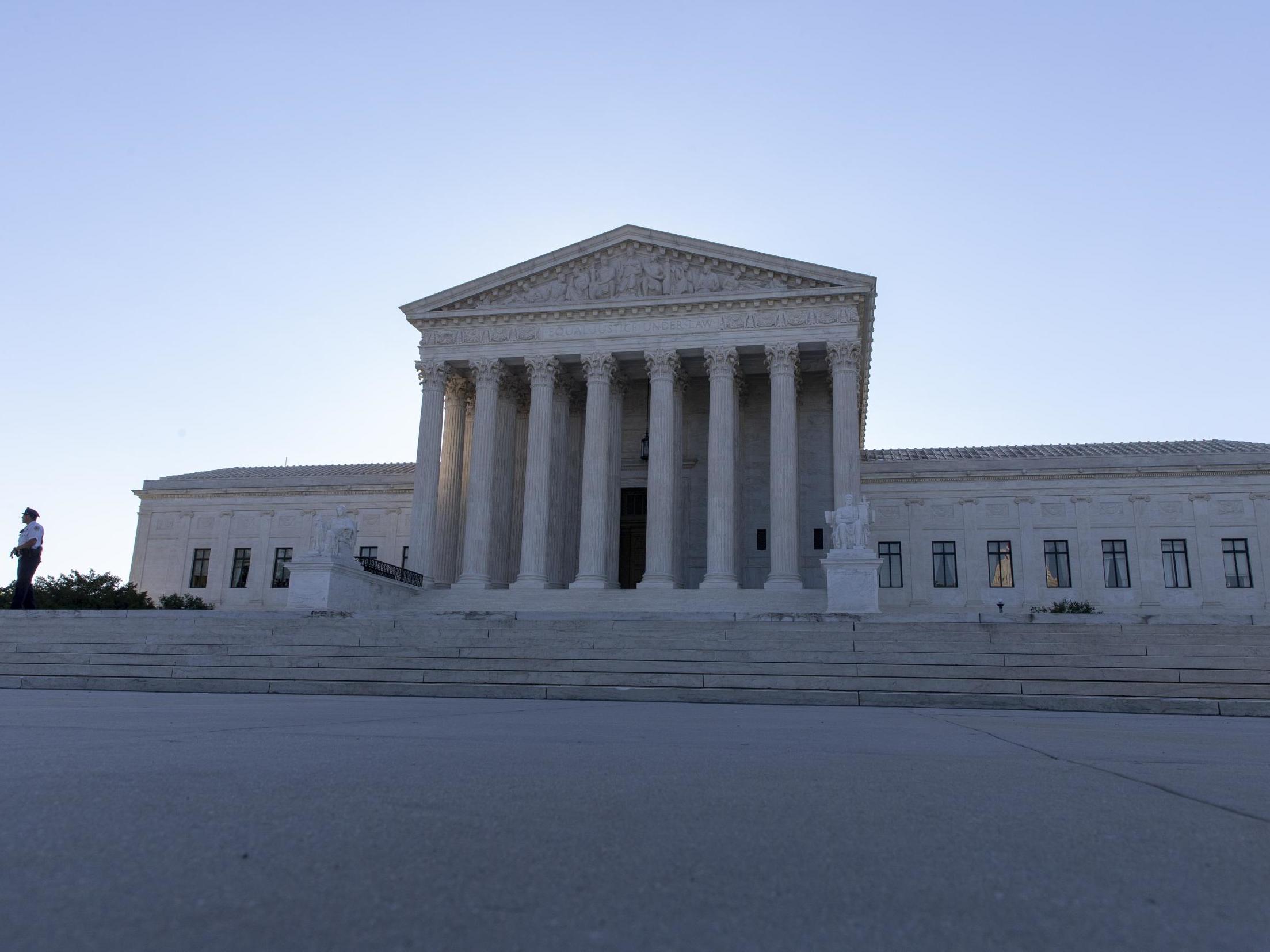Republicans politicians argue Civil Rights Act does not apply to LGBT employees
Supreme Court will hear three discrimination cases this autumn

Eight Republican senators and 40 congressmen have submitted filings to the US Supreme Court arguing that federal civil rights law does not protect LGBT+ workers.
The politicians submitted documents arguing the Civil Rights Act did not protect workers from discrimination on the basis of sexual orientation.
If their argument succeeds before the Supreme Court, employers could legally discriminate against LGBT+ employees.
The Republicans argue that while other characteristics are protected by Title VII of the Civil Rights Act, sexuality is not one of them.
“What the statute actually prohibits is discrimination ‘because of [an] individual’s race, colour, religion, sex, or national origin,’” the group argues.
The worst destinations for LGBT+ holidaymakers
Show all 10“Title VII’s sex discrimination provision prohibits discrimination because of an individual’s sex; it does not prohibit discrimination because of an individual’s actions, behaviours, or inclinations.”
All the politicians involved in the case are Republicans. In a separate brief, 15 lawyers argued a similar point.
Both documents hold that only Congress, and not the judiciary, has the power to limit discrimination faced by LGBT+ people.
The two briefs were submitted ahead of three cases which will be heard together in the Supreme Court this autumn.
One case has been brought by Gerald Bostock, a gay man who was fired from his job as a children’s social worker.
A second brief has been brought on behalf of Donald Zarda, a deceased gay man who was fired from his job as a skydiving instructor in New York, according to NBC News.
These two cases have been combined with a third, RG & GR Harris Funeral Homes v Equal Employment Opportunity Commission.
That case involves a transgender woman who was fired from her job at a funeral home after telling her employer about her transition.
The Trump administration filed an amicus brief on the third case earlier this month.
In US law, amicus briefs are legal documents filed in court cases by non-litigants with particular interest in the subject matter. The briefs advise the court of relevant, additional information or arguments that the court might wish to consider.
In court filings, the US government argued workers should only be protected from discrimination based on their “biological sex”.
The Supreme Court will hear all three cases in October.
A ruling in favour of the GOP’s position would set a legal precedent and mark a major setback for LGBT+ rights.
Subscribe to Independent Premium to bookmark this article
Want to bookmark your favourite articles and stories to read or reference later? Start your Independent Premium subscription today.

Join our commenting forum
Join thought-provoking conversations, follow other Independent readers and see their replies